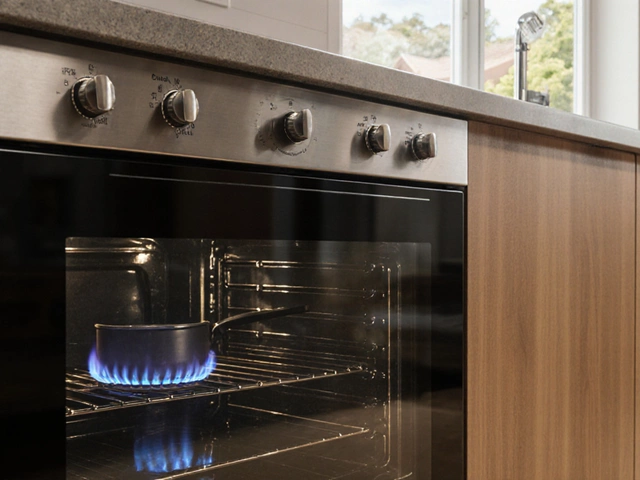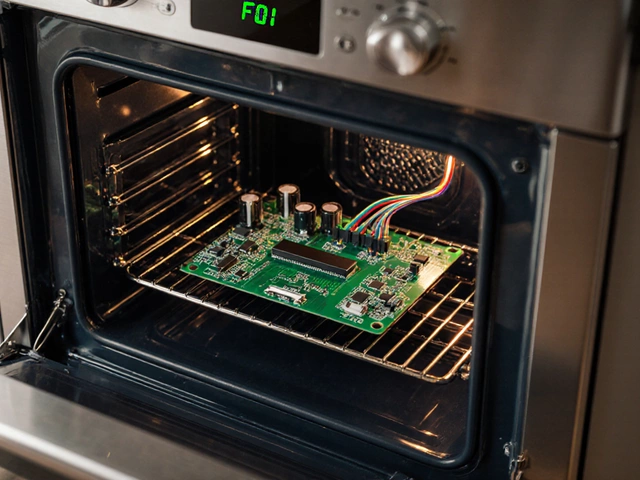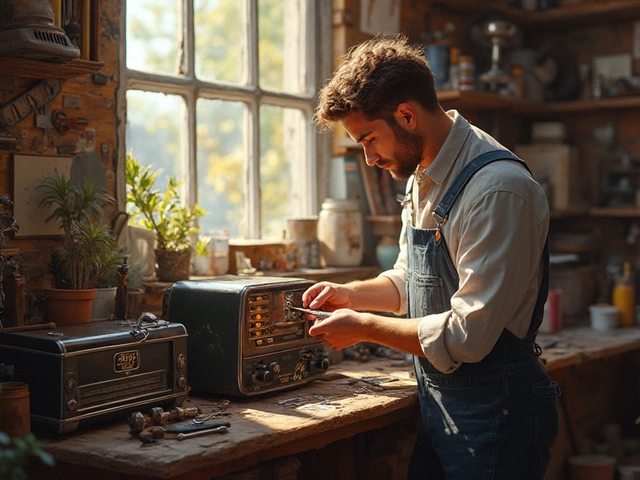Heating Problems – Simple Fixes and Pro Help
If your house feels like a freezer or your boiler keeps making weird noises, you’re probably dealing with a heating problem. The good news? Many issues can be diagnosed and fixed without a full‑blown service call. The bad news? Ignoring early signs can lead to bigger failures and higher bills. Below you’ll find the most common problems, quick DIY checks, and clear guidance on when to pick up the phone.
Common Household Heating Issues
Boiler won’t fire or makes a loud banging sound. This usually points to a blockage in the pipework, air in the system, or a failing pump. Turn the thermostat up, bleed the radiators, and check the pressure gauge. If the pressure is below 1 bar, add water using the filling loop. If the bang persists, it’s likely a pump or heat exchanger problem – time for a pro.
Heat pump runs but doesn’t blow warm air. Most often the thermostat is set wrong, the outdoor unit is iced over, or the indoor fan motor is stuck. Switch the mode to ‘heat’, clear any ice with a soft brush, and listen for the fan. A silent fan usually means a motor or capacitor issue that needs a qualified technician.
Water heater only gives cold water. Check the power supply or gas valve first. For electric units, a tripped breaker or blown fuse is a common culprit. For gas heaters, the pilot light may be out. Reset the thermostat and try again. If nothing changes, a broken heating element or a failing thermostat could be the cause.
Radiators are cold at the top and hot at the bottom. That’s a classic sign of trapped air. Use the bleed key on the radiator valve, let the air escape until water drips out, then close it. Re‑pressurise the system if needed and the heat should spread evenly.
Unusual smells or rust on pipes. Corrosion can weaken pipe walls and cause leaks. Look for damp patches around the boiler or under sinks. If you see any rust, call a professional to replace the affected sections – it’s safer than a DIY patch.
DIY Tips & When to Call a Professional
Start with the easy checks: make sure thermostats are set correctly, filters are clean, and power switches are on. A clogged filter can starve a heat pump of airflow, and a dirty boiler filter can cause pressure drops.
If you feel comfortable, bleed radiators, top up boiler pressure, and reset circuit breakers. Keep a notebook of any error codes your boiler or heat pump displays – manufacturers often list simple troubleshooting steps that can save you a call.
When you encounter any of these red flags, it’s time to call in an expert: persistent banging noises, repeated loss of pressure, error codes you can’t decode, or any sign of gas leaks. Professional technicians have the tools to test gas pressure, inspect heat exchangers, and safely work with electrical components.
Regular maintenance can prevent most heating problems. Aim for an annual boiler service, clear dust from heat pump fans, and flush water heaters every two years. A well‑maintained system runs more efficiently, saves money, and lasts longer.
Remember, heating issues don’t have to turn your home into an ice box. With a quick visual check, a few simple adjustments, and the right professional help, you’ll stay warm without breaking the bank.






